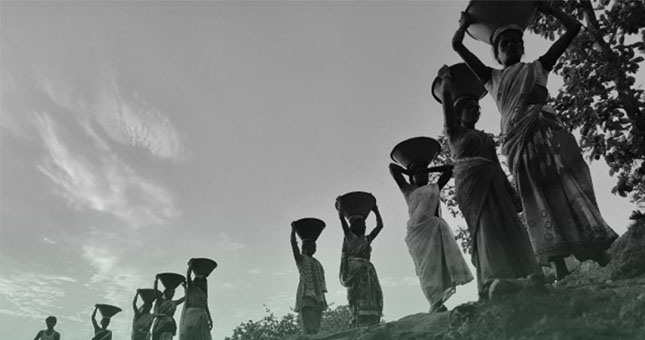Goonj
Current Grantee
Active Citizenship
Bridging the gap
Goonj was founded in 1999. It uses a sustainable economic model for managing poverty by using urban surplus material as a tool to alleviate financial poverty and enhance the dignity of people and communities that are financially impoverished in India. Waste or surplus is mobilized to motivate civic participation in urban and rural communities. Over two decades, Goonj’s work has ranged from rural regeneration projects to emergency relief, all linked in some way to the use of discarded, recycled materials sourced mainly from India’s cities. The work has included cleaning irrigation channels and digging wells; empowering local communities to improve local infrastructure, providing educational material to schools, the improvement of hygiene and sanitation through community efforts, menstrual hygiene initiatives, creative upcycling of waste cloth to create jobs, and disaster relief and rehabilitation.
What excites us about their work:
- Using a continuum between the rural and urban to sustain and improve the livelihoods and dignity of the poor on the one hand while encouraging a creative discourse around ‘surplus’ that is sustainable.
- Focus on a circular economy and creation of livelihood rather than charity : Working at scale in dealing with waste materials and creation of livelihoods.
- A strong coalition across actors to work with materials across livelihood, education and relief work.
UN Sustainability GOALS



Similar grantees in this field
Current Grantee
Active CitizenshipFoundation for Social Transformation (FST)
Current Grantee
Active CitizenshipYouth Ki Awaaz
Current Grantee
Active Citizenship